Hypothyroidism is a common endocrine disorder that can have a significant impact on a patient’s health. As a nurse, you play a crucial role in managing this condition and improving patient outcomes. With these nursing care plans, you’ll be better equipped to provide effective care for Hypothyroidism patients.
What is Hypothyroidism?
Hypothyroidism is a condition classified by an underactive thyroid gland- when the thyroid does not produce enough hormones. It occurs primarily in women between 30 to 60 years old. If severe hypothyroidism occurs in an infant, it is called cretinism. If it developed in an adult, it is called myxedema. The most common cause of hypothyroidism is an autoimmune inflammation of the thyroid gland (Hashimoto’s thyroiditis) with resulting atrophy of glandular tissue. Hypothyroidism also commonly occurs in clients with previous hyperthyroidism that has been treated with radioiodine or antithyroid medications or thyroidectomy.
Nursing Care Plans and Management
The nursing care plan for clients with hypothyroidism includes providing information about disease process/prognosis and therapy needs, guiding the client to meet their nutritional requirement, planning activities with a rest period, and preventing complications.
Nursing Problem Priorities
The following are the nursing priorities for patients with hypothyroidism:
- Perform assessments to identify signs and symptoms of hypothyroidism.
- Administer prescribed thyroid hormone replacement medications to patients.
- Monitor patients’ response to medication therapy.
- Educate patients about the importance of medication adherence and potential side effects.
- Assess and manage symptoms associated with hypothyroidism, such as fatigue, weight gain, and cold intolerance.
Nursing Assessment
Assess for the following subjective and objective data:
- See nursing assessment cues under Nursing Interventions and Actions.
Nursing Diagnosis
Following a thorough assessment, a nursing diagnosis is formulated to specifically address the challenges associated with hypothyroidism based on the nurse’s clinical judgment and understanding of the patient’s unique health condition. While nursing diagnoses serve as a framework for organizing care, their usefulness may vary in different clinical situations. In real-life clinical settings, it is important to note that the use of specific nursing diagnostic labels may not be as prominent or commonly utilized as other components of the care plan. It is ultimately the nurse’s clinical expertise and judgment that shape the care plan to meet the unique needs of each patient, prioritizing their health concerns and priorities.
Nursing Goals
Goals and expected outcomes may include:
- The client will maintain a stable weight and takes in necessary nutrients.
- The client and family members will verbalize correct information about hypothyroidism and taking thyroid hormone replacement.
- The client will identify the basis of fatigue and individual areas of control.
- The client will verbalize a reduction of fatigue and increased ability to complete desired activities.
Nursing Interventions and Actions
Therapeutic interventions and nursing actions for patients with hypothyroidism may include:
1. Enhancing Nutritional Status
Patients with hypothyroidism have a slower metabolic rate, which can lead to weight gain and a higher caloric intake than necessary. This results in imbalanced nutrition, where the body is receiving more nutrients than it needs, leading to potential health complications such as obesity, high blood pressure, and elevated cholesterol levels. Nursing care plans for hypothyroidism patients aim to address this imbalance through dietary interventions and monitoring of nutritional status.
Assess the client’s weight.
Due to excess fluid volume and low basal metabolic rate, clients with hypothyroidism experience weight gain and difficulty losing extra weight
Assess the client’s appetite.
Clients with hypothyroidism have decreased appetite. This opposite relationship between weight gain and decreased appetite is a manifestation finding in hypothyroidism.
Provide a food diary to the client.
Looking into the client’s food intake over the 24 hours will provide baseline data for an individualized nutritional plan for the client’s changing metabolic needs.
Educate the client and family regarding body weight changes in hypothyroidism.
Teaching the client and family will make them understand the opposite relationship between appetite and weight gain in hypothyroidism. During the start of thyroid hormone replacement therapy, the client can experience loss of weight. However, there will be an increase in appetite. This change may require a calorie-controlled diet to prevent additional weight gain.
Collaborate with a dietician to determine client’s caloric needs.
The dietician can calculate the appropriate caloric requirements to maintain nutrient intake and achieve a stable weight.
Encourage the client to eat six small meals throughout the day.
This will make sure that the client has an adequate intake of nutrients in the client with decreased energy levels.
Provide assistance and encouragement as needed during mealtime.
Due to a decrease in energy levels, the client will need support to ensure an adequate intake of essential nutrients.
Encourage the intake of foods rich in fiber.
Hypothyroidism slows the action of the digestive tract causing constipation.
Encourage the client to follow a low-cholesterol, low-calorie, low-saturated-fat diet.
When thyroid hormone levels are low, the body doesn’t break down and remove bad cholesterol as efficiently as usual; Also, since the client has a slow metabolism, he/she requires fewer calories to support the metabolic need.
2. Managing Fatigue
Fatigue is a common symptom of hypothyroidism due to the slower metabolic rate and reduced energy production in the body. Nursing care plans for hypothyroidism patients should consider this risk and focus on promoting rest and adequate sleep, conserving energy during activities of daily living, and optimizing thyroid hormone replacement therapy to improve energy levels and reduce fatigue.
Assess the client’s ability to perform activities of daily living (ADLs).
The client may experience fatigue with minimal exertion due to a slow metabolic rate. This symptom hinders the client’s ability to perform daily activities (e.g., self-care, eating)
Note daily energy patterns.
This will help in determining the pattern/timing of activity.
Assess the client’s energy level and muscle strength and muscle tone.
A slow metabolism can result in decreased energy levels. The muscle may be weaker and joints stiffer due to mucin deposits in joints and interstitial spaces. This type of cellular edema may contribute to delayed muscle contraction and relaxation. The client may report generalized weakness and muscle pain.
Plan care to allow individually adequate rest periods. Schedule activities for periods when the client has the most energy.
This will ensure maximum participation.
Provide stimulation through conversation and nonstressful activities.
Promotes interest without putting too much stress on the client.
Promote an environment conducive to relieve fatigue.
The client with hypothyroidism often complains of being cold even in a warm environment.
3. Initiating Patient Education and Health Teachings
Patients with hypothyroidism often require lifelong medication management and lifestyle changes. The complexity of this chronic condition, coupled with potential cognitive effects such as fatigue and brain fog, can lead to a lack of knowledge regarding disease management and self-care. Therefore, nursing care plans for hypothyroidism patients should prioritize patient education to ensure they have a thorough understanding of their condition and treatment plan.
Assess the client’s knowledge of hypothyroidism and thyroid hormone replacement therapy.
Client teaching should begin with the current knowledge about the disease and its management.
Provide information about hypothyroidism.
Clients experiencing hypothyroidism may have impaired memory, confusion, hearing loss, and a decreased attention span. These neurologic changes can hinder learning new information. Teaching sessions should be planned at times when the client is best able to concentrate. Recalling of information is needed to facilitate learning. Using written information reinforces verbal presentation.
Educate the client and family regarding thyroid hormones.
Levothyroxine sodium (Synthroid) is a manmade thyroid hormone that is used to treat hypothyroidism.
2.1. Instruct the client to take the dose in the morning to avoid insomnia.
Thyroid hormone should be taken on a regular basis to achieve a hormone balance.
2.2. Instruct the client to take the medication on an empty stomach.
The client is initially given a small dose that gradually increases until a euthyroid state is achieved. When the thyroid hormone level increases, the client experiences insomnia and weight loss.
2.3. Teach the expected benefits and possible side effects.
The client should report symptoms such as chest pain/palpitations; these happen due to increased metabolic and oxygen consumption.
Emphasized the importance of rest periods.
Avoid undue fatigue; As the euthyroid state is achieved, the activity level will eventually increase.
Encourage the client to follow appointments for blood workups (T3, T4, and TSH levels).
These levels help determine the effectiveness of pharmacotherapy
Describe the signs and symptoms of over- and under-dosage of the medications.
This will serve as a check for the client to determine if the therapeutic levels are met.
Encourage the client to have medical identification about hormone therapy and to inform all health care providers.
Medical identification provides other healthcare providers with information to guide decisions about care. Levothyroxine is highly protein bound in circulation. This drug characteristic contributes to many drug interactions. The client needs to notify all healthcare providers about taking this drug.
4. Administer Medications and Provide Pharmacologic Support
Adherence to treatment is crucial for optimal management of hypothyroidism. Patients should take their medication consistently and as prescribed. Skipping doses or stopping medication abruptly can disrupt hormone levels and lead to suboptimal treatment outcomes. It is essential for healthcare providers to educate patients about the importance of adherence and provide information about potential side effects or interactions with other medications.
1. Levothyroxine
It is the primary medication for hypothyroidism. Levothyroxine is a synthetic form of the thyroid hormone thyroxine (T4). Its purpose is to supplement the low levels of thyroid hormones in the body and restore normal thyroid function.
2. Liothyronine
This medication contains the active thyroid hormone triiodothyronine (T3). It may be used in some cases, either as an alternative to levothyroxine or in combination with it, to achieve optimal thyroid hormone balance.
3. Combination Therapy
In certain situations, a combination of levothyroxine and liothyronine may be prescribed to manage hypothyroidism. This approach aims to provide a balance of both T4 and T3 hormones to address specific patient needs.
5. Monitoring Results of Diagnostic and Laboratory Procedures
In the diagnosis and management of hypothyroidism, various laboratory studies and diagnostic procedures are utilized to assess thyroid function and guide treatment.
1. Thyroid-Stimulating Hormone (TSH) Test
TSH is the primary screening test for hypothyroidism. It measures the level of TSH, a hormone produced by the pituitary gland that stimulates the thyroid gland to produce thyroid hormones. In primary hypothyroidism, TSH levels are typically elevated as the body tries to compensate for low thyroid hormone levels.
2. Free Thyroxine (FT4) Test
This test measures the level of free thyroxine (T4), which is the active form of thyroid hormone. Low levels of FT4 are indicative of hypothyroidism.
3. Total Thyroxine (Total T4) Test
This test measures the total amount of T4 in the blood, including both free and bound forms. It can provide additional information about thyroid function, but the FT4 test is considered more accurate.
4. Thyroid Antibody Tests
Antibody tests, such as thyroid peroxidase antibody (TPOAb) and thyroglobulin antibody (TgAb) tests, are conducted to detect autoimmune thyroid conditions like Hashimoto’s thyroiditis, which is a common cause of hypothyroidism.
5. Thyroid Ultrasound
Ultrasound imaging of the thyroid gland can help evaluate its size, structure, and the presence of any nodules or abnormalities. This procedure is particularly useful when physical examination or laboratory tests suggest underlying thyroid disease.
6. Lipid Profile
Hypothyroidism can lead to changes in lipid metabolism, resulting in elevated cholesterol levels. A lipid profile test measures various lipid parameters such as total cholesterol, LDL cholesterol, HDL cholesterol, and triglycerides.
7. Additional Tests
In certain cases, additional tests may be performed to assess the overall impact of hypothyroidism on other bodily systems. These tests may include complete blood count (CBC), liver function tests, kidney function tests, and tests for other hormones like cortisol or gonadal hormones.
6. Assessing and Monitoring for Potential Complications
Assessing and monitoring for potential complications in patients with hypothyroidism is of utmost importance for ensuring their well-being and providing timely interventions. These measures are crucial for early detection, prevention of severe events, optimization of treatment, individualized care, and patient empowerment.
1. Assess patient’s vital signs regularly.
Monitor the patient’s vital signs regularly, including heart rate, blood pressure, respiratory rate, and temperature. Hypothyroidism can affect cardiovascular function, so it’s important to detect any abnormalities or signs of cardiovascular complications promptly.
2. Monitor for hypothyroid crisis or myxedema coma.
Be vigilant for signs and symptoms of severe hypothyroidism, such as extreme fatigue, lethargy, confusion, low body temperature, slowed heart rate, and respiratory depression. These can indicate the development of a hypothyroid crisis or myxedema coma, which is a life-threatening condition requiring immediate medical intervention.
3. Assess for mental health changes.
Hypothyroidism can affect mental health, leading to symptoms such as depression, cognitive impairment, and decreased concentration. Regularly assess the patient’s mental well-being and monitor for any changes in mood, behavior, or cognitive function. Promptly report any concerning findings to the healthcare provider.
4. Monitor for cardiovascular complications.
Hypothyroidism can contribute to cardiovascular problems, including high cholesterol levels, hypertension, and an increased risk of heart disease. Monitor the patient’s lipid profile and blood pressure regularly. Collaborate with the healthcare team to implement appropriate interventions to manage and prevent cardiovascular complications.
5. Assess for medication adverse effects.
Levothyroxine, the primary medication used in hypothyroidism treatment, may have side effects or interactions with other medications. Monitor the patient for any adverse effects, such as palpitations, tremors, anxiety, or signs of medication toxicity. Assess for any drug interactions and collaborate with the healthcare provider to make necessary adjustments to the medication regimen.
Recommended Resources
Recommended nursing diagnosis and nursing care plan books and resources.
Disclosure: Included below are affiliate links from Amazon at no additional cost from you. We may earn a small commission from your purchase. For more information, check out our privacy policy.
Ackley and Ladwig’s Nursing Diagnosis Handbook: An Evidence-Based Guide to Planning Care
We love this book because of its evidence-based approach to nursing interventions. This care plan handbook uses an easy, three-step system to guide you through client assessment, nursing diagnosis, and care planning. Includes step-by-step instructions showing how to implement care and evaluate outcomes, and help you build skills in diagnostic reasoning and critical thinking.
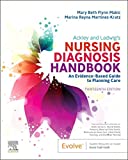
Nursing Care Plans – Nursing Diagnosis & Intervention (10th Edition)
Includes over two hundred care plans that reflect the most recent evidence-based guidelines. New to this edition are ICNP diagnoses, care plans on LGBTQ health issues, and on electrolytes and acid-base balance.
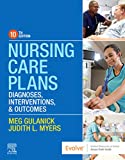
Nurse’s Pocket Guide: Diagnoses, Prioritized Interventions, and Rationales
Quick-reference tool includes all you need to identify the correct diagnoses for efficient patient care planning. The sixteenth edition includes the most recent nursing diagnoses and interventions and an alphabetized listing of nursing diagnoses covering more than 400 disorders.

Nursing Diagnosis Manual: Planning, Individualizing, and Documenting Client Care
Identify interventions to plan, individualize, and document care for more than 800 diseases and disorders. Only in the Nursing Diagnosis Manual will you find for each diagnosis subjectively and objectively – sample clinical applications, prioritized action/interventions with rationales – a documentation section, and much more!
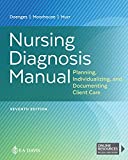
All-in-One Nursing Care Planning Resource – E-Book: Medical-Surgical, Pediatric, Maternity, and Psychiatric-Mental Health
Includes over 100 care plans for medical-surgical, maternity/OB, pediatrics, and psychiatric and mental health. Interprofessional “patient problems” focus familiarizes you with how to speak to patients.
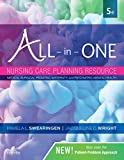
See also
Other recommended site resources for this nursing care plan:
- Nursing Care Plans (NCP): Ultimate Guide and Database MUST READ!
Over 150+ nursing care plans for different diseases and conditions. Includes our easy-to-follow guide on how to create nursing care plans from scratch. - Nursing Diagnosis Guide and List: All You Need to Know to Master Diagnosing
Our comprehensive guide on how to create and write diagnostic labels. Includes detailed nursing care plan guides for common nursing diagnostic labels.
Other nursing care plans related to endocrine system and metabolism disorders:
- Acid-Base Balance
- Addison’s Disease | 3 Care Plans
- Cushing’s Disease | 6 Care Plans
- Diabetes Mellitus Type 1 (Juvenile Diabetes) | 4 Care Plans
- Diabetes Mellitus Type 2 | 20 Care Plans UPDATED!
- Diabetic Ketoacidosis (DKA) and Hyperglycemic Hyperosmolar Nonketotic Syndrome (HHNS) | 4 Care Plans
- Eating Disorders: Anorexia & Bulimia Nervosa | 7 Care Plans
- Fluid and Electrolyte Imbalances
- Gestational Diabetes Mellitus | 4 Care Plans
- Hyperthyroidism | 7 Care Plans
- Hypothyroidism | 3 Care Plans
- Obesity | 5 Care Plans
- Thyroidectomy | 5 Care Plans
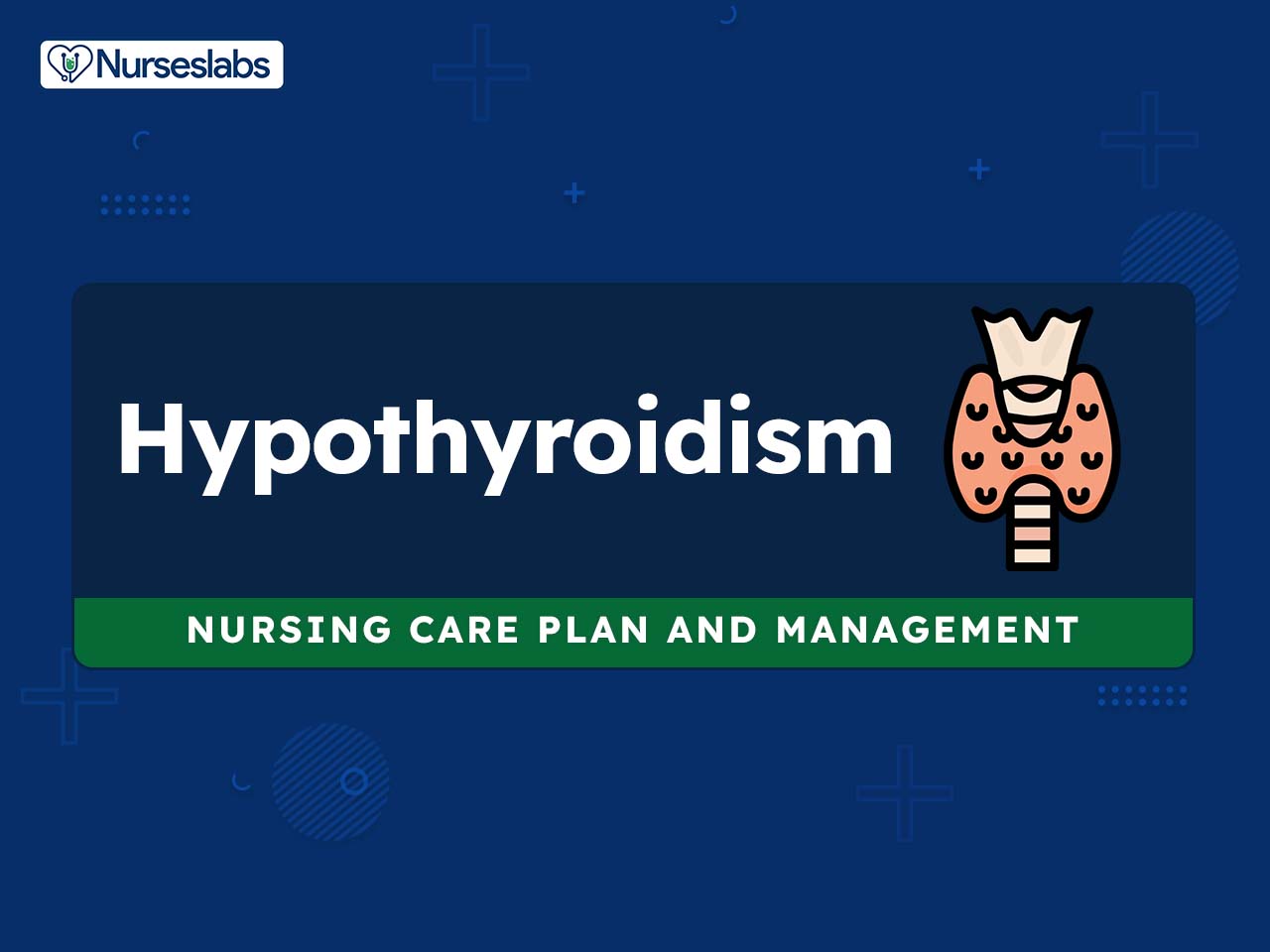
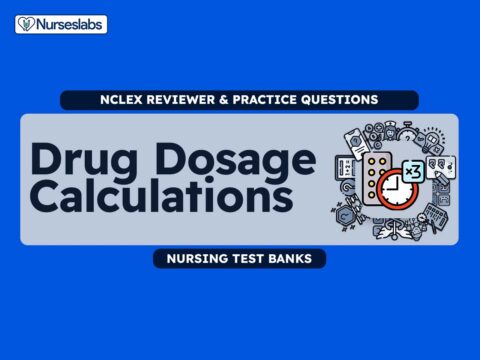
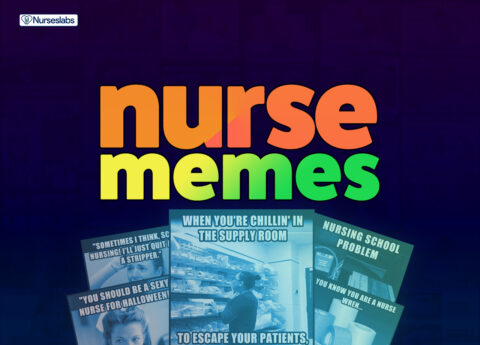
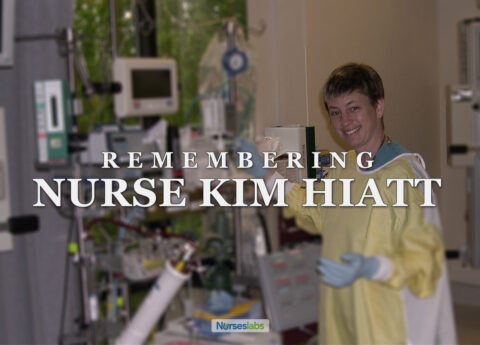

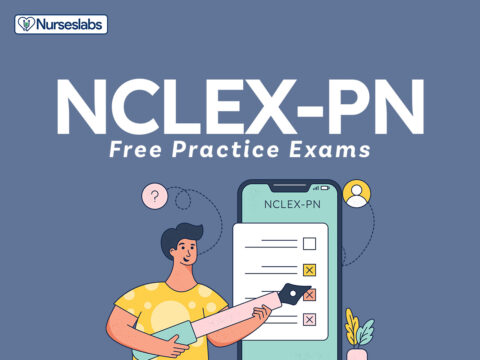
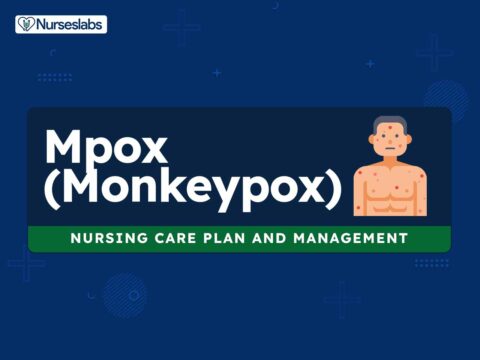


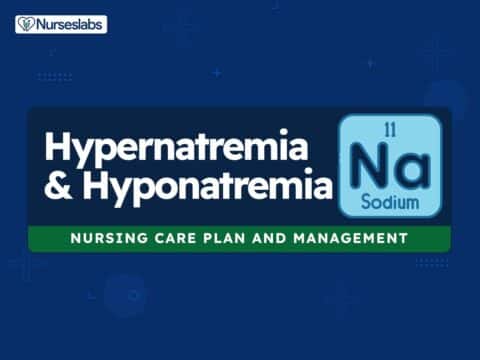


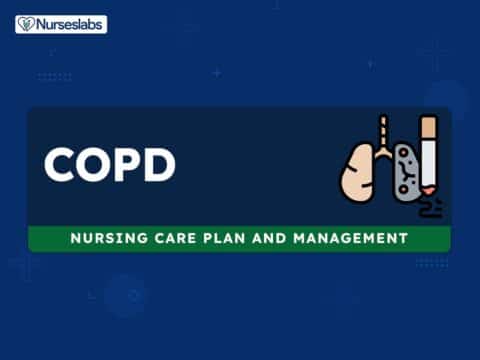
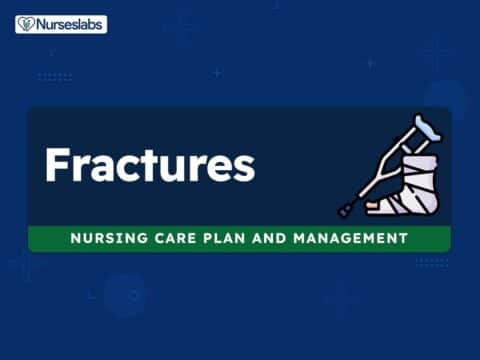
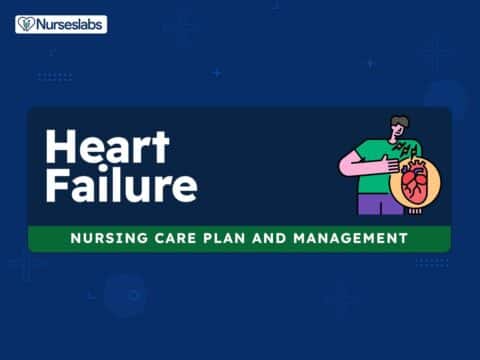
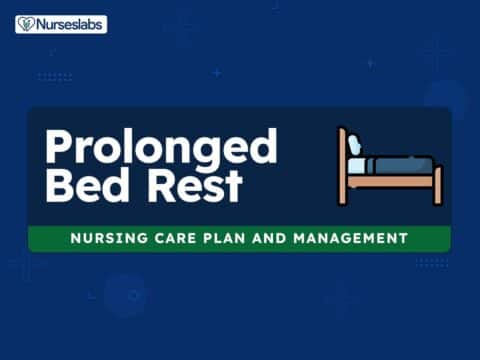
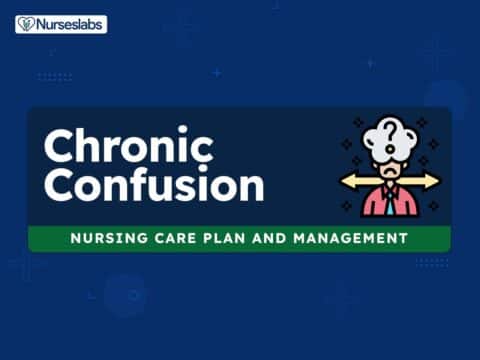
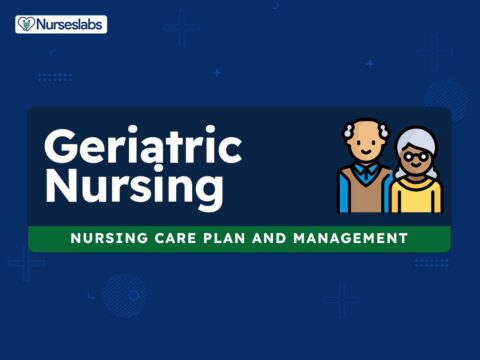
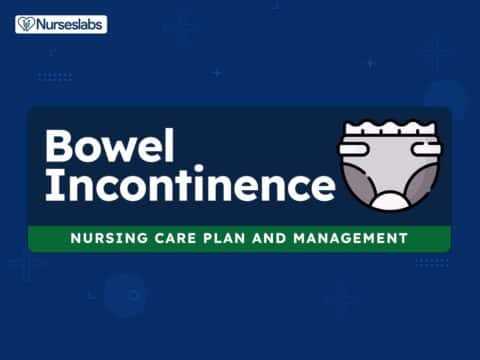
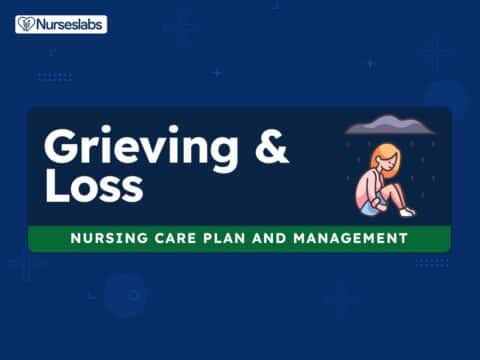
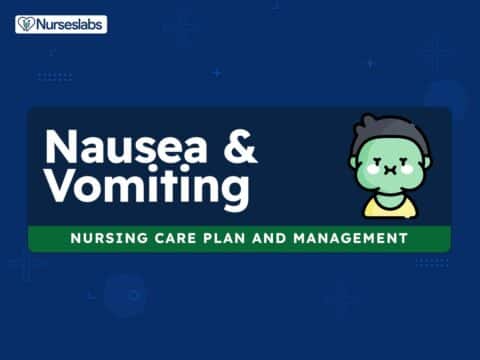
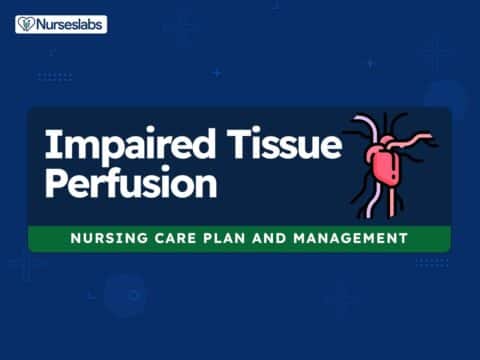

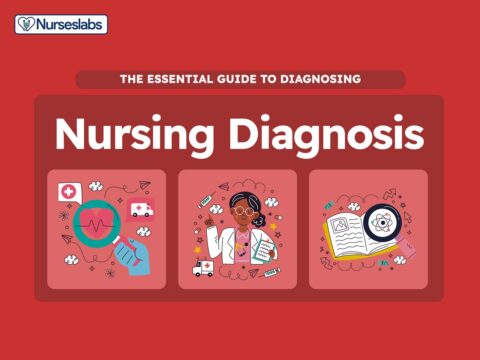
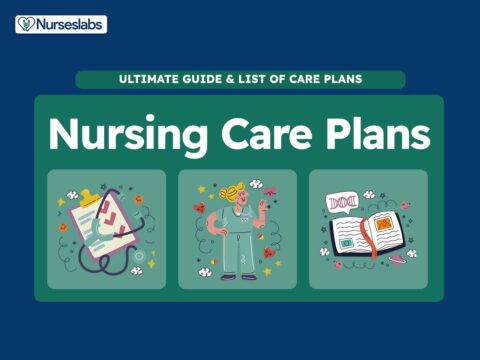
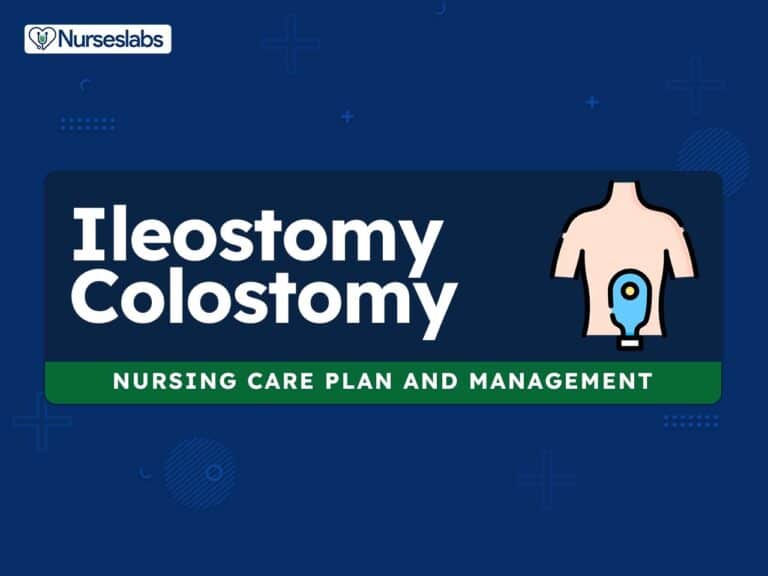
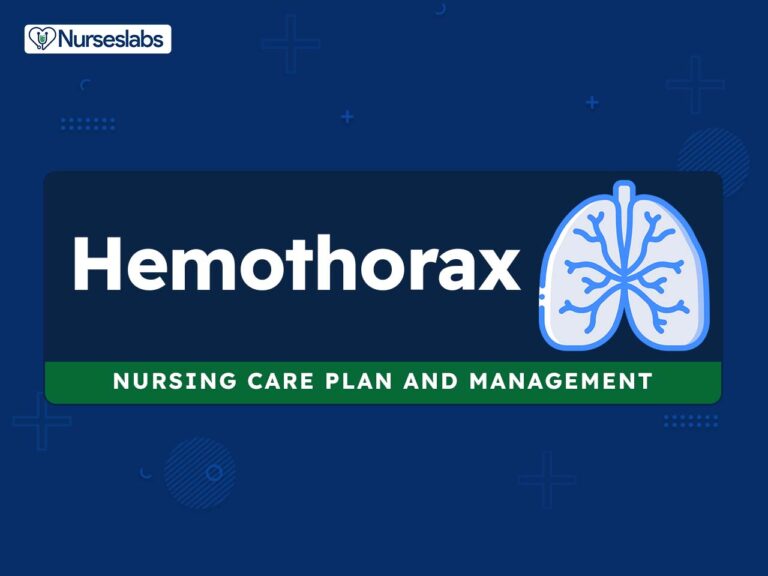

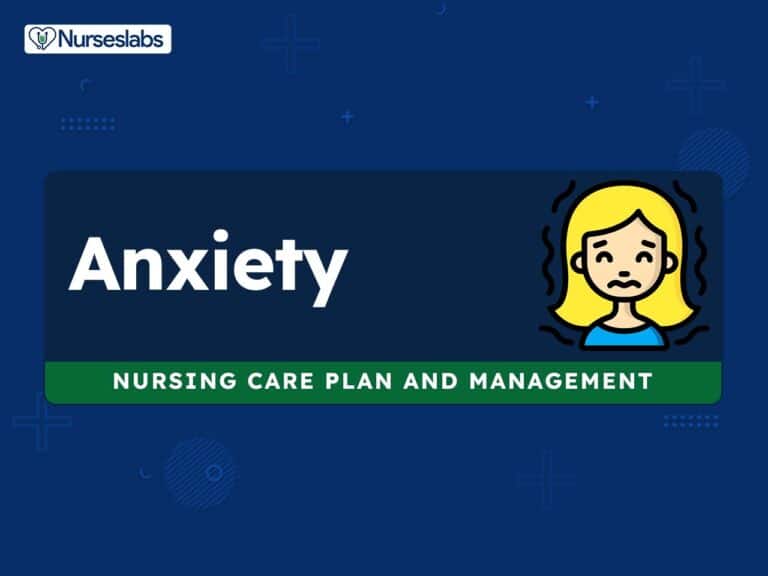
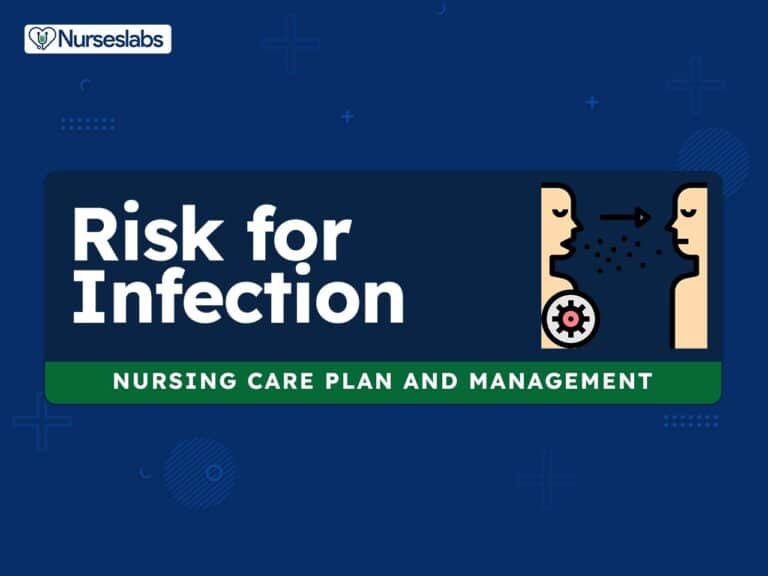
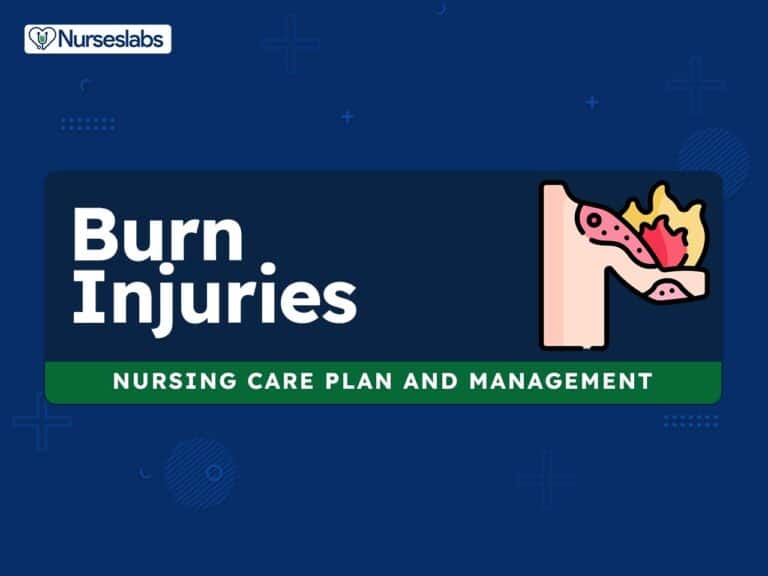


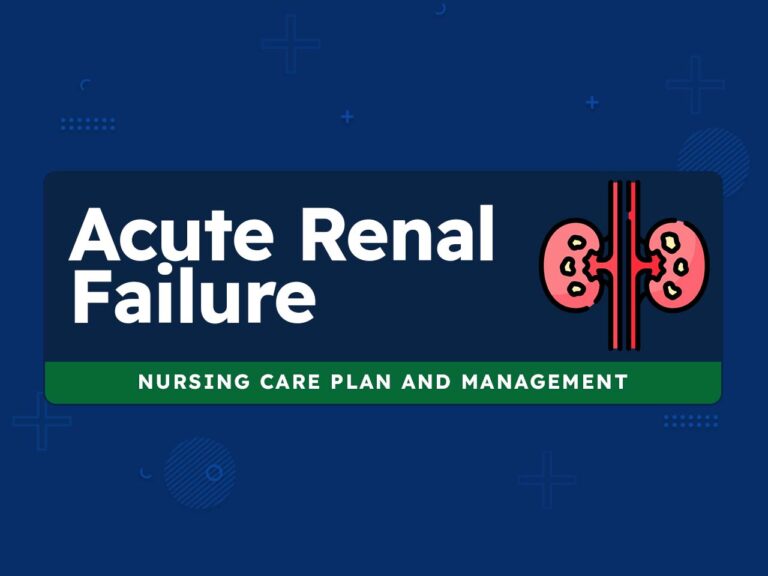
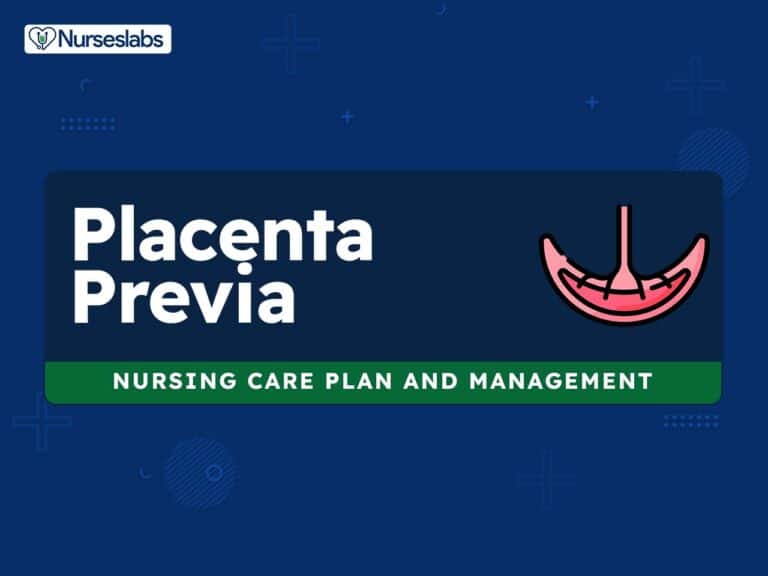


Leave a Comment